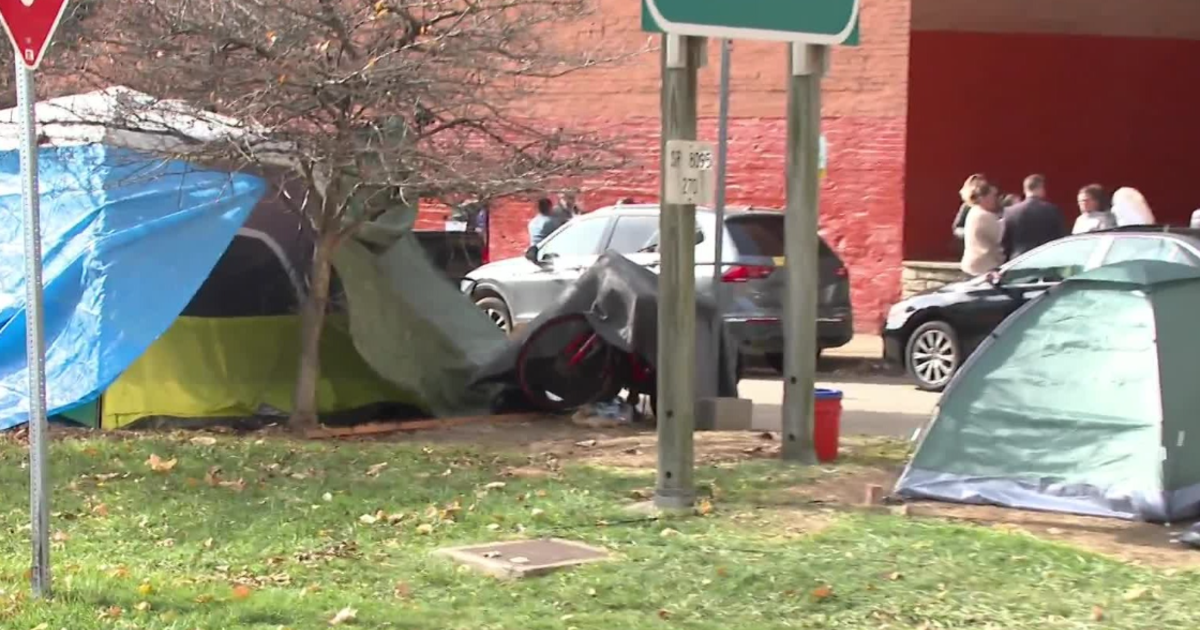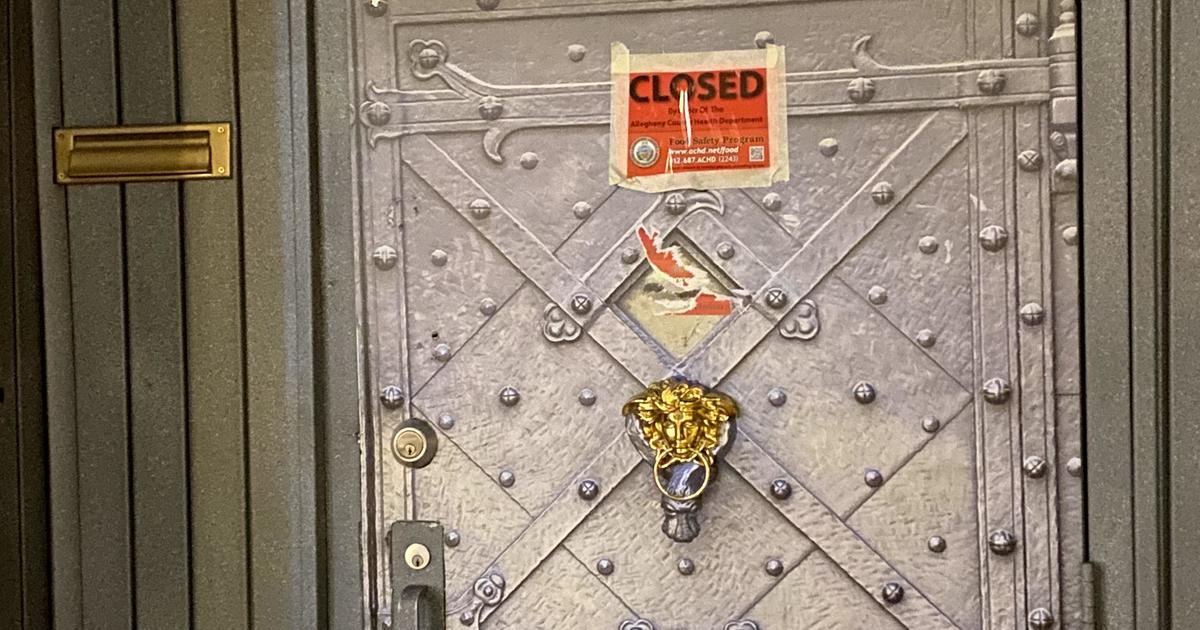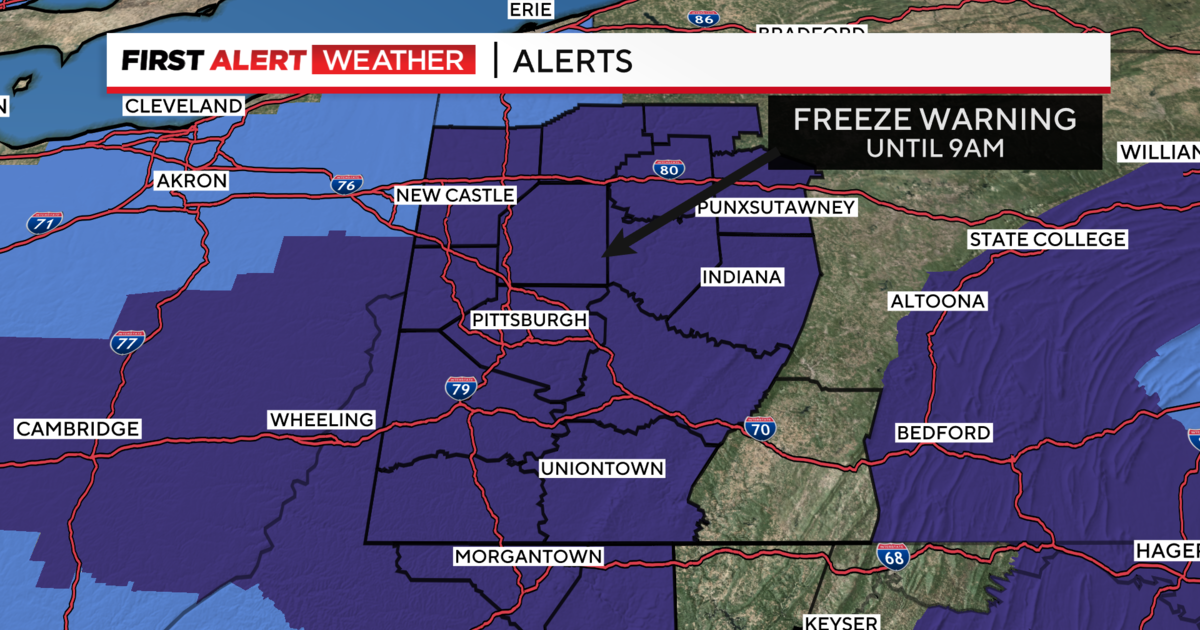Johnson & Johnson Vaccine Could Be Used As Second Dose For People With Severe Allergic Reaction To First
PITTSBURGH (KDKA) - Some people have severe allergic reactions to the Pfizer and Moderna COVID-19 vaccines.
Asti Drug pharmacist Chris Antypas immunized someone who ran into trouble.
"Started to have the swelling of the throat, the tongue. They required epinephrine, they went to the emergency room," Antypas says.
For people with this issue, the second shot is a sore point. They aren't fully protected against COVID, but another shot would risk more problems.
"You can't breathe, you get swelling, you get hives," Allegheny Health Network family medicine physician Dr. Amy Crawford-Faucher says, describing a true anaphylactic reaction. "And that usually happens within the first couple of hours."
"It's not recommended to get a second dose of the vaccine," says Antypas.
But now the Johnson & Johnson vaccine is available -- a single shot that primes the immune system similarly, but with different ingredients.
The CDC is working on guidance for people with severe allergies to the Pfizer and Moderna vaccines with the possibility of getting a Johnson & Johnson shot after 28 days and be fully immunized.
"It's a wonderful resource for people who truly have severe immediate allergic reactions to the vaccine, to give them a possibility of full vaccination," says Dr. Crawford-Faucher. "I'm not sure we've even seen any actual true anaphylactic within our own clinics so far."
This mixing and matching of vaccines has not been studied, so it should only be done in rare situations.
"We are building this ship as we go along, for sure," Dr. Crawford-Faucher says. "That is a very, very small group of people."
For people with just some mild itching, talk to your doctor.
"You should still get the second shot. Because the risk of having a severe reaction is not going to be too much higher," she advises.
"General allergies to foods, to other medicines, to non-vaccine medicines and to cats, dogs, seasonal kinds of things does not actually increase your risk of anaphylaxis and severe reactions," Dr. Crawford-Faucher adds.
And if you're having trouble finding a second dose, don't go looking for a Johnson and Johnson vaccine.
"We ask all of our patients if you've had a dose of the vaccine, what was that dose, so prior to administering any vaccines, confirming it's appropriate for them based on their situation," says Antypas.
"You will get your second dose," Dr. Crawford-Faucher reassures. "Please save the J&J, the Johnson & Johnson vaccine for people who have not had the opportunity to get the first dose of Moderna or Pfizer like you did."
The CDC says six weeks between doses is okay.



